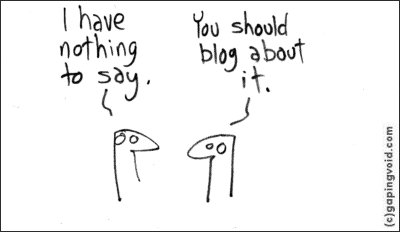Hoax websites
August 3rd, 2006Hoax websites are the WWW’s optical illusions. As of today, Wikipedia’s entry on Hoax begins:
A hoax is an attempt to trick an audience into believing that something false is real.
Imagine a liar’s website about a hoax. How do you tell right from wrong? Is this blog a hoax? Yes, in some way it probably is. As there is more to it than its trueness.
We have been featuring the World Jump Day, recently. Here are some more hoaxes:
- Clones-R-Us by Dream Technologies International, the world’s “largest reproductive cloning provider”: Buy your clone child on-line.
- Bonsai Kitten: preserving the long lost art of body modification in housepets (Wikipedia’s entry, Web.archive version)
- Dihydrogen Monoxide Info about controversies surrounding DHMO. “Yes, you [really] should be concerned about DHMO!”
- GenoChoice: “Create your own genetically healthy child online!”
- PetsOrFood: “The best place for pet and food products on the Web!”
The Museum of Hoaxes maintains a weblog about hoax websites.

